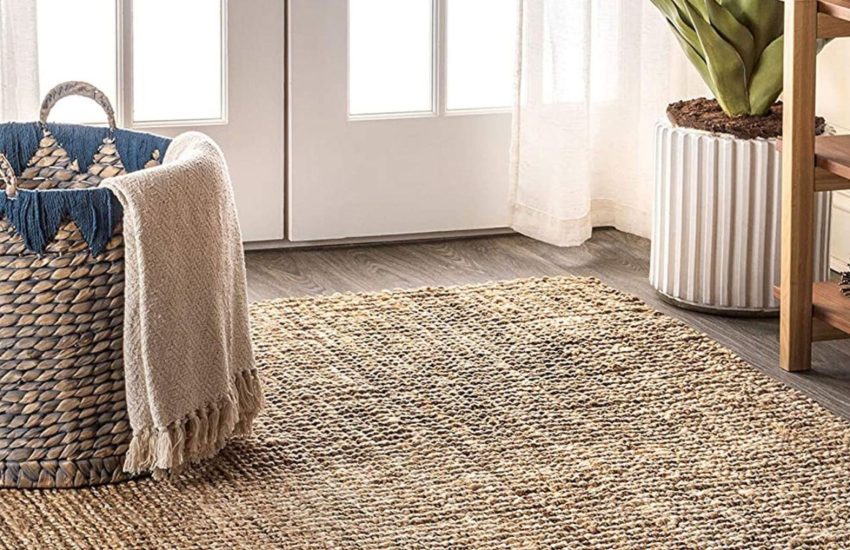How to Choose a Water Heater in a Hurry
Has your water heater gone kaput? For many families, this is considered an emergency situation that needs to be fixed “yesterday.” But when you don’t have hot water available, the pressure to choose just the right water heater can be overwhelming.
Between fuel sources, types of heaters, tank size, and water heating costs, the wide array of options might seem intimidating—especially considering that water heaters can account for 20% of a home’s energy bills. Let’s simplify the process so you can determine which water heater will best fit your household’s needs.
Types of Water Heaters
There are five main types of heaters:
- Conventional storage water heaters keep hot water in a storage tank, ready at a moment’s notice or at the turn of the faucet.
- Tankless water heaters, also called demand-type, heat water directly when you need it. Sizing can be tricky, but when it’s done correctly, you shouldn’t ever run out of hot water.
- Heat pump water heaters move heat around rather than generating heat specifically for water and thus are usually efficient and cost-effective.
- Solar water heaters rely on the sun’s heat but may be limited to climates that receive a lot of sunlight year-round.
- Tankless coil and indirect water heaters piggyback off the building’s heating system to create hot water.
What Criteria Should I Use?
When pondering your water heater options, consider fuel type, energy efficiency, and operating cost. These factors are heavily influenced by the availability and cost of the energy source in your area. Size can be a major factor as well, affecting the amount of hot water available and how quickly you might run out.
If you have access to more than one type of fuel, compare the fuel costs. For instance, electricity and natural gas can be used in combination with heating and cooling systems. Electric heaters are easier to install, while natural gas heaters require venting exhaust fumes outside. Using propane needs a storage tank and regular fuel deliveries. Geothermal energy requires the presence of a geothermal heat pump system, and solar energy may be limited by your climate.
Tank or No Tank?
Conventional tank-style water heaters consist of a large metal cylinder that holds hot water on reserve for instant availability. The size of the tank you need often depends on the number of household members and whether you use hot water in multiple parts of the house at the same time; these can drain a tank quickly.
Tankless water heaters only turn on when hot water is requested, so these are smaller and often have a lower up-front cost. Since they don’t have to compensate for heat loss from the holding tank, these water heaters are more efficient and have a longer life span. Tankless heaters are usually electric or gas-burning and are ultra-efficient.
Miscellaneous Matters
When considering a particular water heater, don’t forget to examine the manufacturer’s reputation and warranty. Licensed plumbers and plumbing supply stores are a great resource for comparing heaters and helping you choose a heater that meets your household’s needs without being a burden.
Lastly, the water heater you select needs to fit within the space allotted—with room to spare for servicing.
Once you’ve narrowed down your options, a licensed professional can help you make your final selection and install the new water heater in just a few hours. For water heater repair and installation services in Garland, TX, contact Binley Plumbing today.



